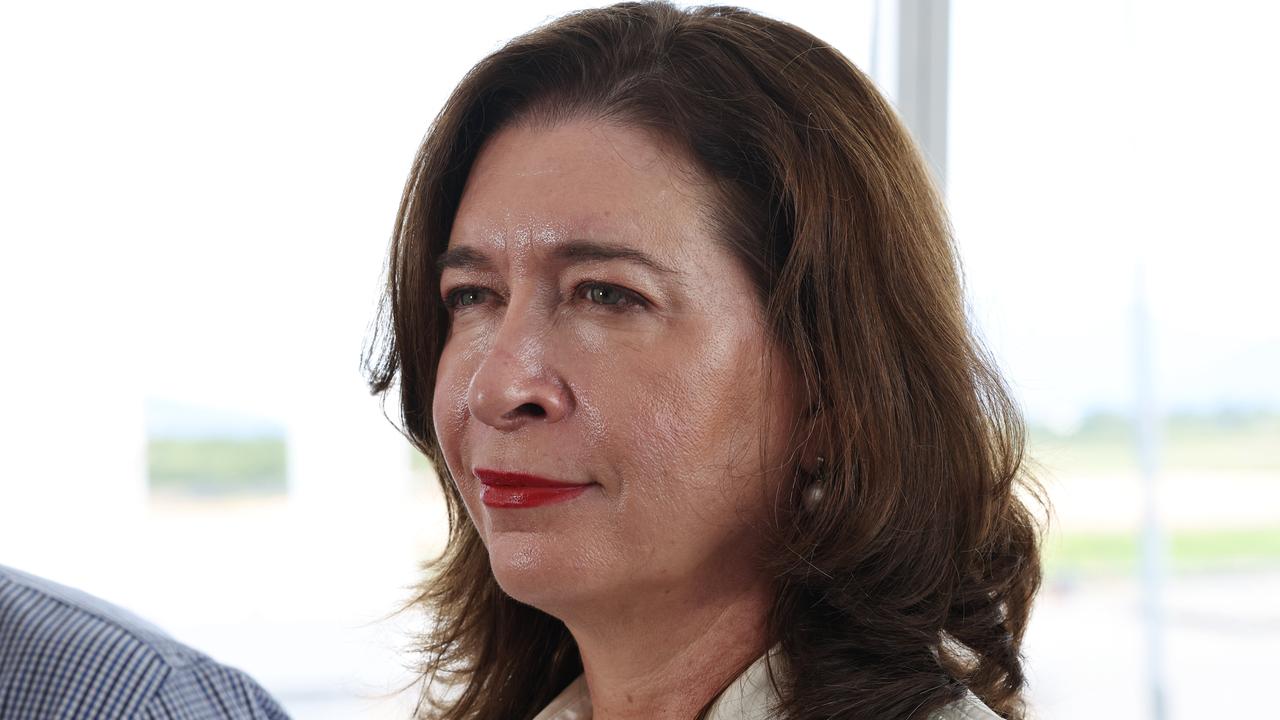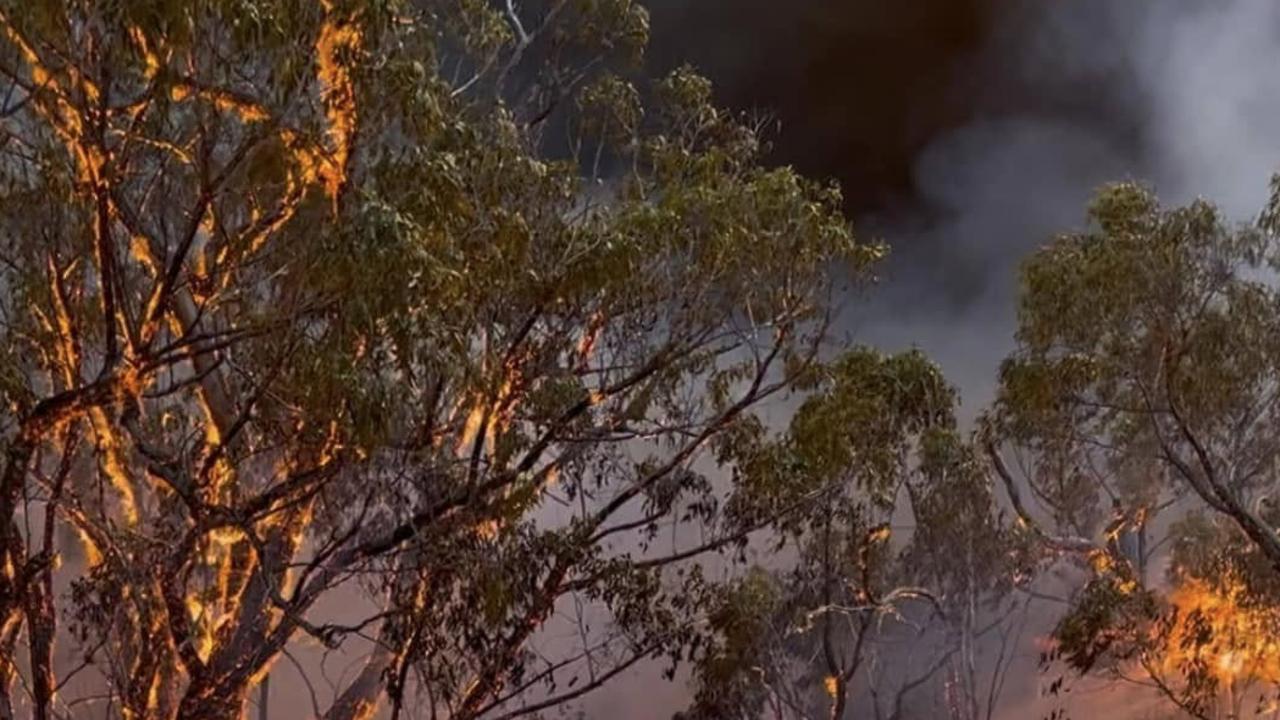Experts break down the risk of Covid-19 in children after Annastacia Palaszczuk’s outburst
How serious are Covid symptoms in kids? Should parents of children under 12 be concerned once the nation reopens? Here’s what you need to know.
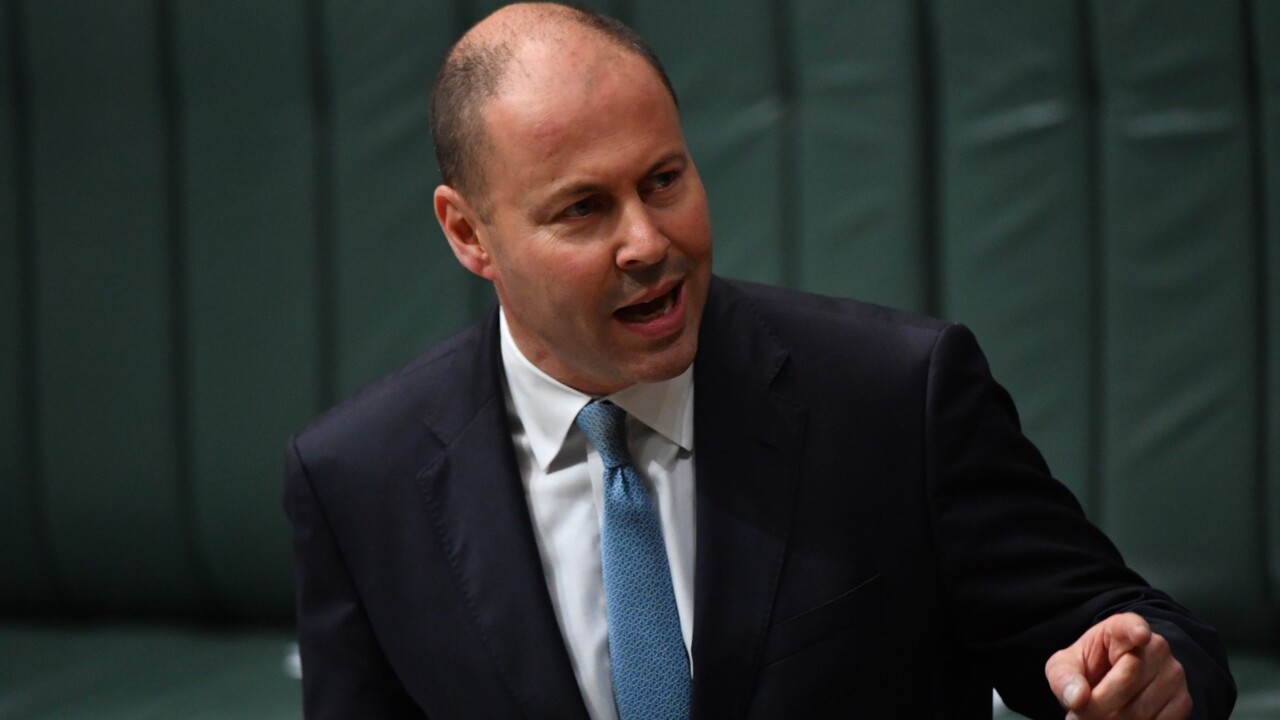
Until recently, children had been left relatively unscathed by Covid-19, but the high transmissibility of the Delta variant has resulted in more cases than ever before detected in our young.
Last week, the Australian Technical Advisory Group on Immunisation approved the use of Pfizer and Moderna vaccines for children aged 12 and over.
But Queensland Premier Annastacia Palaszczuk, while deflecting questions about reopening her state border, said she wanted more advice on what would happen to young children when 80 per cent of the country’s eligible population had been double jabbed, claiming “every child in this state is at risk”.
Australia’s chief medical officer Paul Kelly said on Thursday there was “very little evidence anywhere in the world that severity has increased” in childhood infections.
So, what are the real risks of Covid-19 in children, and when are children likely to be vaccinated against the virus?
We sat down with three experts in the field: Robert Booy – an infectious disease paediatrician from The Children’s Hospital at Westmead; Shidan Tosif – a consultant paediatrician and researcher for the Murdoch Children’s Research Institute; and Andrew Steer – a paediatric infectious diseases physician at the Royal Children’s Hospital.
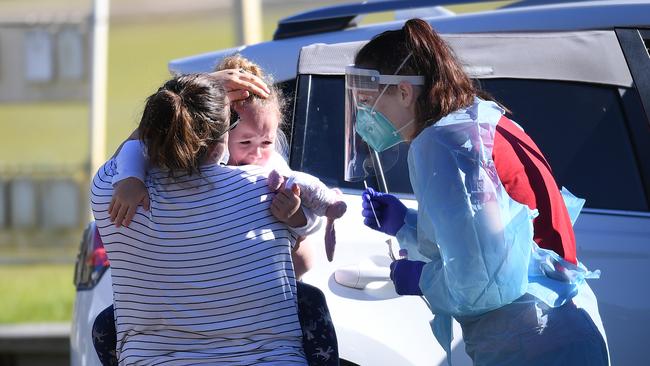
Annastacia Palaszczuk this week said she didn’t feel comfortable opening the Queensland border until she knew how children under the age of 12 could be protected. How at risk are children - both under 12 and over 12 - of contracting Covid-19?
Dr Tosif: The Delta strain is infectious across all age groups, including children. But, children under the age of 12 remain at extremely low risk of hospitalisation or severe disease from Covid-19.
Professor Booy: Children are very resilient, and they are very resistant to Covid. They have a very strong, innate immunity that helps fight the virus, and they also have a very strong adaptive immunity, which means they make antibodies and T-Cells within a week or two.
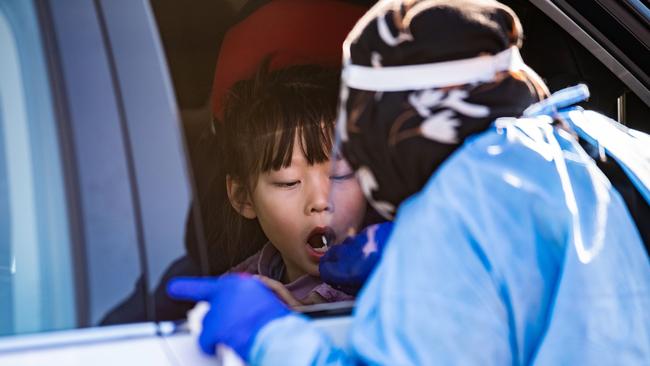
What are the most common symptoms in children who contract Covid-19?
Professor Booy: Most children tend to get Covid with no symptoms at all, or only mild symptoms. A study just released from the UK showed two-thirds of children with Covid-19 had no symptoms, and one third had mild symptoms – a cough, a fever, a runny nose, and they can also experience changes in taste and smell. They can also get some nausea, vomiting and diarrhoea.
Which children are the most at-risk of getting seriously ill from Covid-19?
Dr Tosif: The vast majority of children are at low risk of getting serious disease, but there is a very small chance of getting ill if a child has comorbidities, such as respiratory or cardiac chronic disease. These children are at a slightly higher risk, but its still a small risk.
Professor Kelly said on Thursday that of the 3815 children under 12 who have contracted Covid-19, only three have been admitted to intensive care.
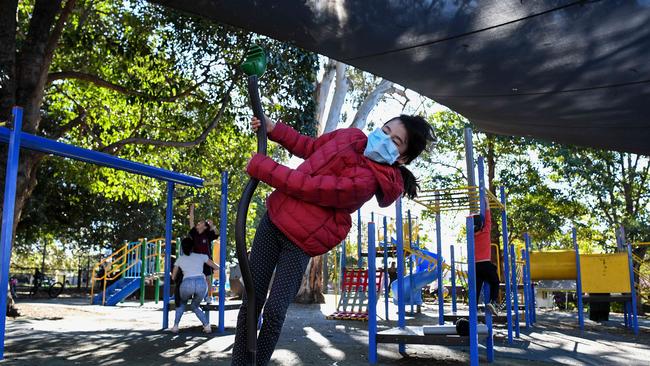
Professor Kelly reiterated on Thursday that there is no country in the world vaccinating children younger than 12. Why is it that 12-year-olds are being vaccinated but 11-year-olds are not?
Professor Steer: The trials for Pfizer and Moderna around the world have only been conducted in children aged 12 and above. We’ve got the trial data that tells us it is safe and effective in those age groups. There are trials currently being done for children under the age of 12, but those are ongoing. I believe we will have that information before the end of the year.
How can we prevent children from contracting Covid-19? And what are the recommendations for children under 12 wearing face masks?
Professor Steer: We need to support the parents, caregivers, and those around them like teachers and childcare providers to get vaccinated.
Professor Booy: We know these things work – social distancing, hand hygiene and face masks. Face masks are difficult in primary school children but they’re not impossible.
Professor Steer: Children may not be used to wearing masks, they may find it harder to communicate, but parents and teachers can play an important role in reassuring their children that it doesn’t hinder their breathing, and that it’s important. The one caveat is children under the age of two should not wear masks, because they can be a suffocation risk.
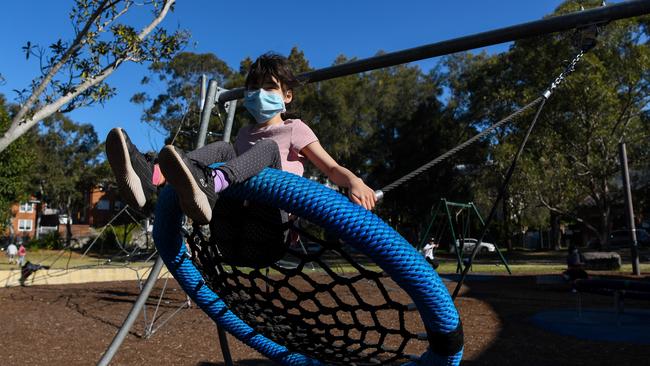
What’s your message to parents of children under the age of 12 who are concerned about opening up at 80 per cent vaccination rates, while children are not vaccinated?
Professor Booy: Don’t be concerned.
Professor Steer: It’s important we take seriously the concerns parents have about their kids. But, the scientific evidence we have to hand is that coronavirus in children is overwhelmingly mild.
Dr Tosif: Children’s immune systems seem to be able to prevent severe infectious extremely efficiently. But, we hope there is an immunisation available in the near future we can offer children.


